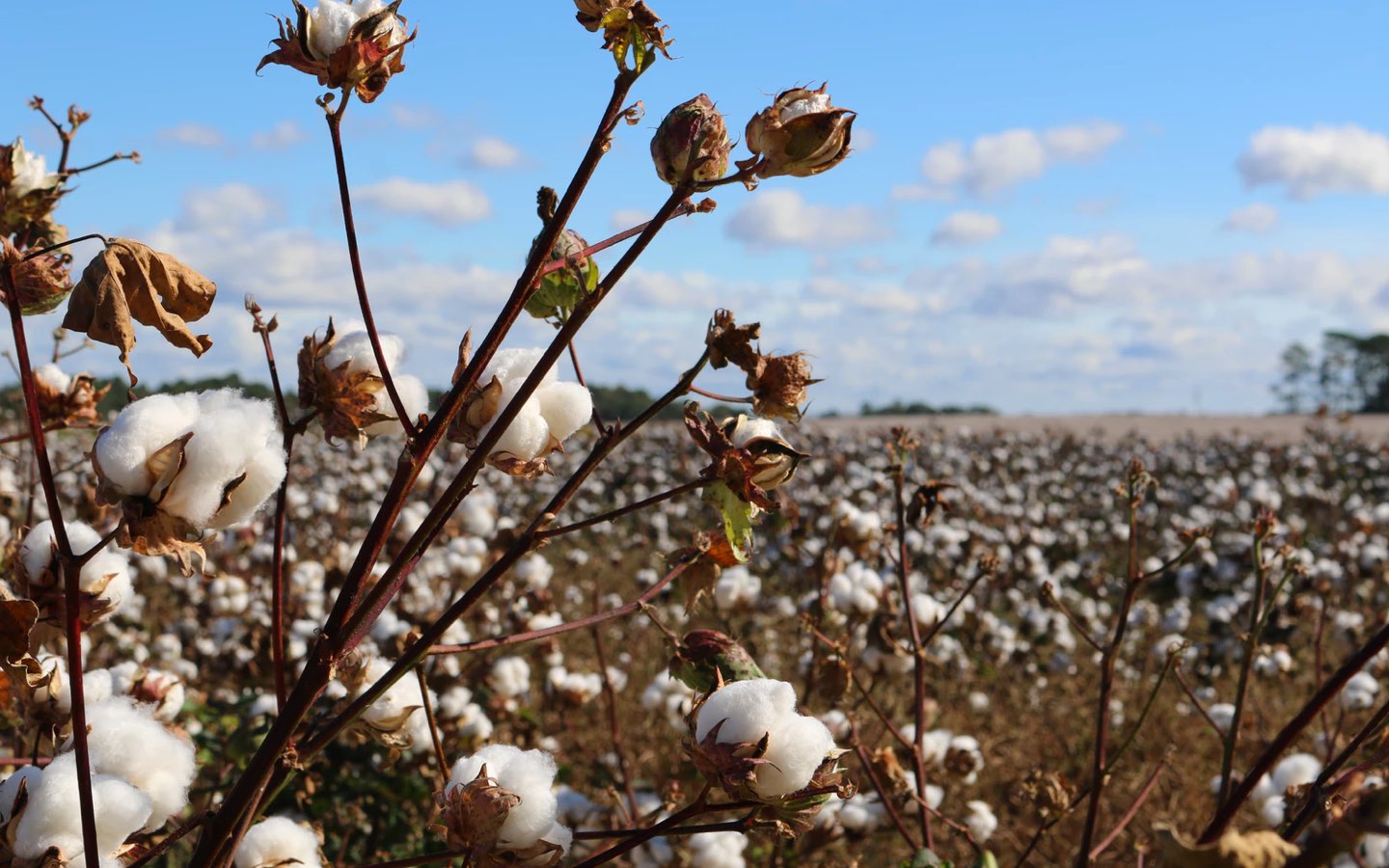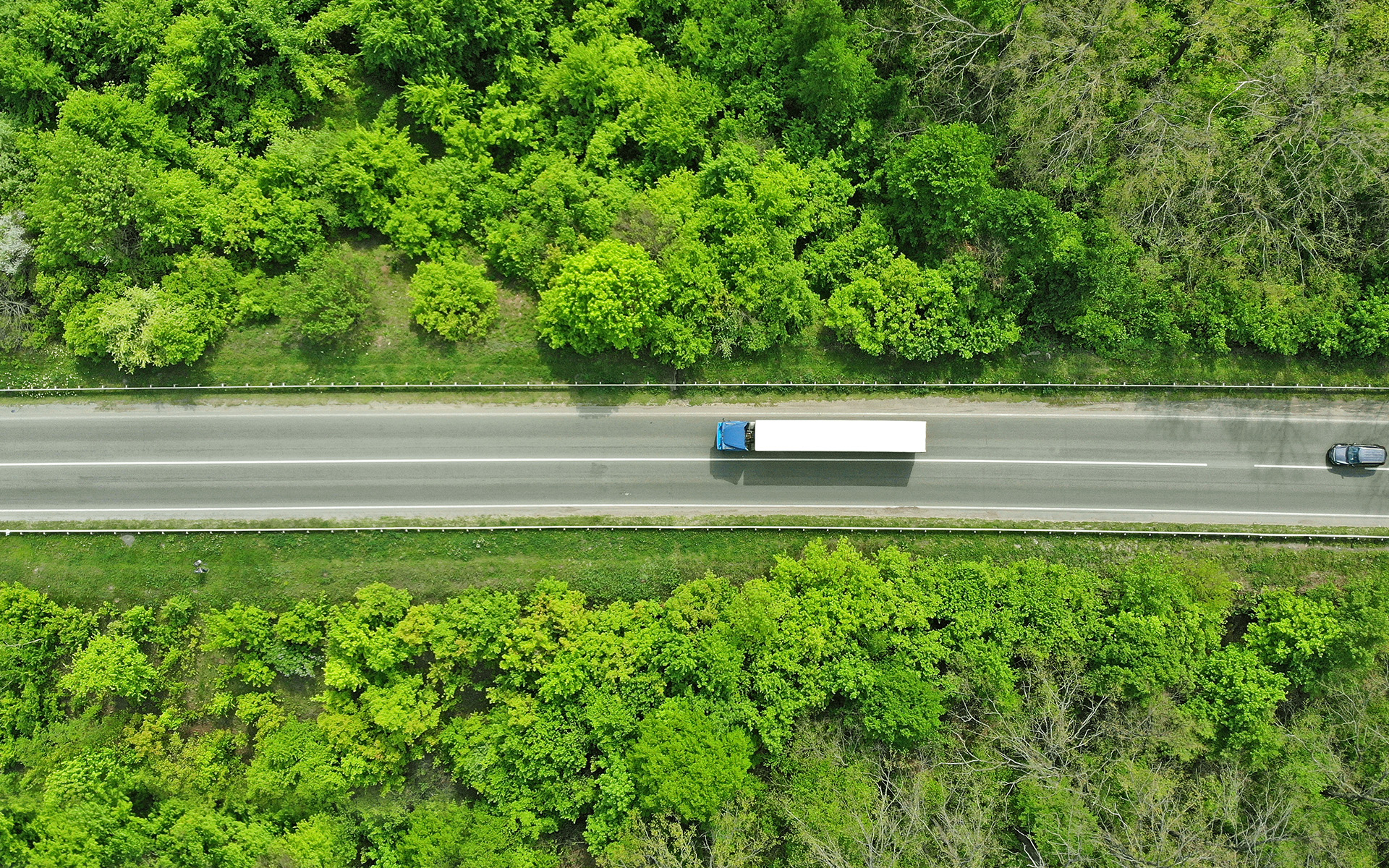Our aim for 2025 is to work with 80% materials that are more sustainable and 8% post-consumer recycled materials.
Just Brands considers more sustainable materials to be:
- Materials that are recognized to be more sustainable in the fashion industry.
- Materials with properties that are more sustainable, which are developed by organizations with multiple stakeholders, such as the Better Cotton Initiative.
- Materials that have been tried and tested through a Life Cycle Analysis. Recycled cotton for example, which has a lower ecological footprint compared to conventional cotton.
The most sustainable material is the material that is not extracted from the earth again. No new raw material is needed for this. Used materials are converted into new materials that in turn serve as raw materials for our products.
Two types:
- Post-consumer - retrieved from the market. Falls under circular.
- Pre-consumer - residual material from factories. Falls under more sustainable material.
The Dutch government has set itself the goal of creating a fully circular economy by 2050. We would like to contribute to this effort.
Below you can see all the more sustainable materials that Just Brands uses.
Sustainable cotton
The use of pesticides, fertilizers and genetic modification in the cultivation and processing of cotton is very harmful to the environment and people. The amount of water needed to grow and process cotton is enormous. Cotton makes up only 1/33 of all the world's crops, but accounts for a quarter of all insecticides used in the world.
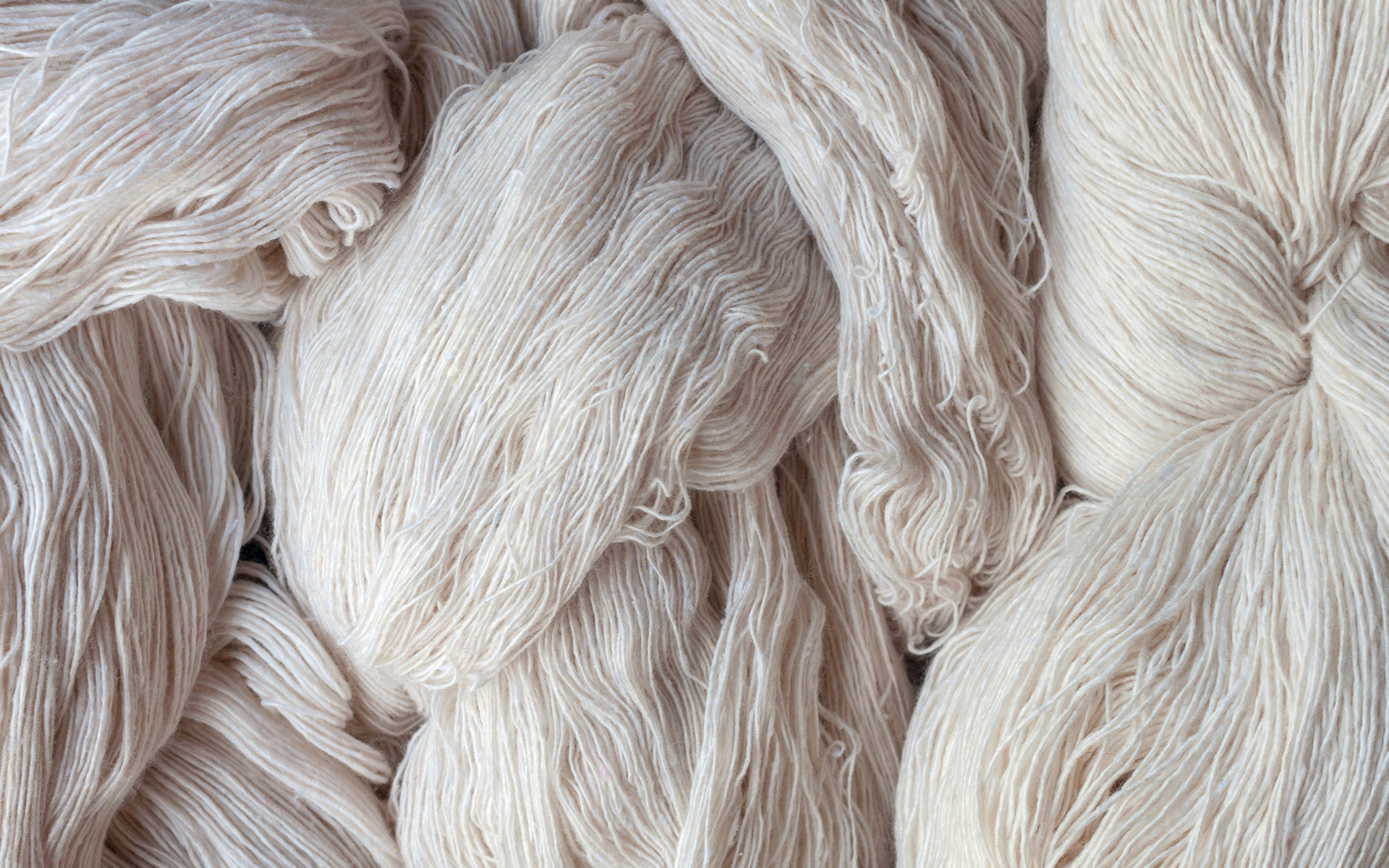
Better Cotton
Just Brands is a member of the Better Cotton Initiative, as cotton is our most widely used raw material and we can achieve scalable impact on the supply chain with BCI. BCI is a non-profit organization that helps cotton growers to embrace more environmentally friendly and socially and economically sustainable farming methods. By the end of 2020, BCI aims to support five million cotton growers with the transition to smarter cultivation techniques – which is 30% of the world’s cotton production. Because the BCI approach is scalable and holistic, it has become one of the biggest contributors to better cotton farming.
BCI relies on a mass balance chain, where Better Cotton is blended with other types of cotton during the process from the field to the finished product. Mass balance is a recognized way to promote sustainability and works just like the system used for renewable electricity, which is available through the electricity grid: if you buy renewable energy, you contribute to the growth of cleaner energy production.
From a sustainability perspective, it is important that improvements are made in the cotton fields. This is in the interest of farmers and the local environment. The mass balance system encourages suppliers to use more Better Cotton as it does not require physical separation in the production chain. Better Cotton cannot be physically traced to product level. Just Brands aims to source 100% of its cotton as Better Cotton by 2025. For more information, visit BetterCotton.org
Better Cotton
Just Brands is a member of the Better Cotton Initiative, as cotton is our most widely used raw material and we can achieve scalable impact on the supply chain with BCI. BCI is a non-profit organization that helps cotton growers to embrace more environmentally friendly and socially and economically sustainable farming methods. By the end of 2020, BCI aims to support five million cotton growers with the transition to smarter cultivation techniques – which is 30% of the world’s cotton production. Because the BCI approach is scalable and holistic, it has become one of the biggest contributors to better cotton farming.
BCI relies on a mass balance chain, where Better Cotton is blended with other types of cotton during the process from the field to the finished product. Mass balance is a recognized way to promote sustainability and works just like the system used for renewable electricity, which is available through the electricity grid: if you buy renewable energy, you contribute to the growth of cleaner energy production.
From a sustainability perspective, it is important that improvements are made in the cotton fields. This is in the interest of farmers and the local environment. The mass balance system encourages suppliers to use more Better Cotton as it does not require physical separation in the production chain. Better Cotton cannot be physically traced to product level. Just Brands aims to source 100% of its cotton as Better Cotton by 2025. For more information, visit BetterCotton.org

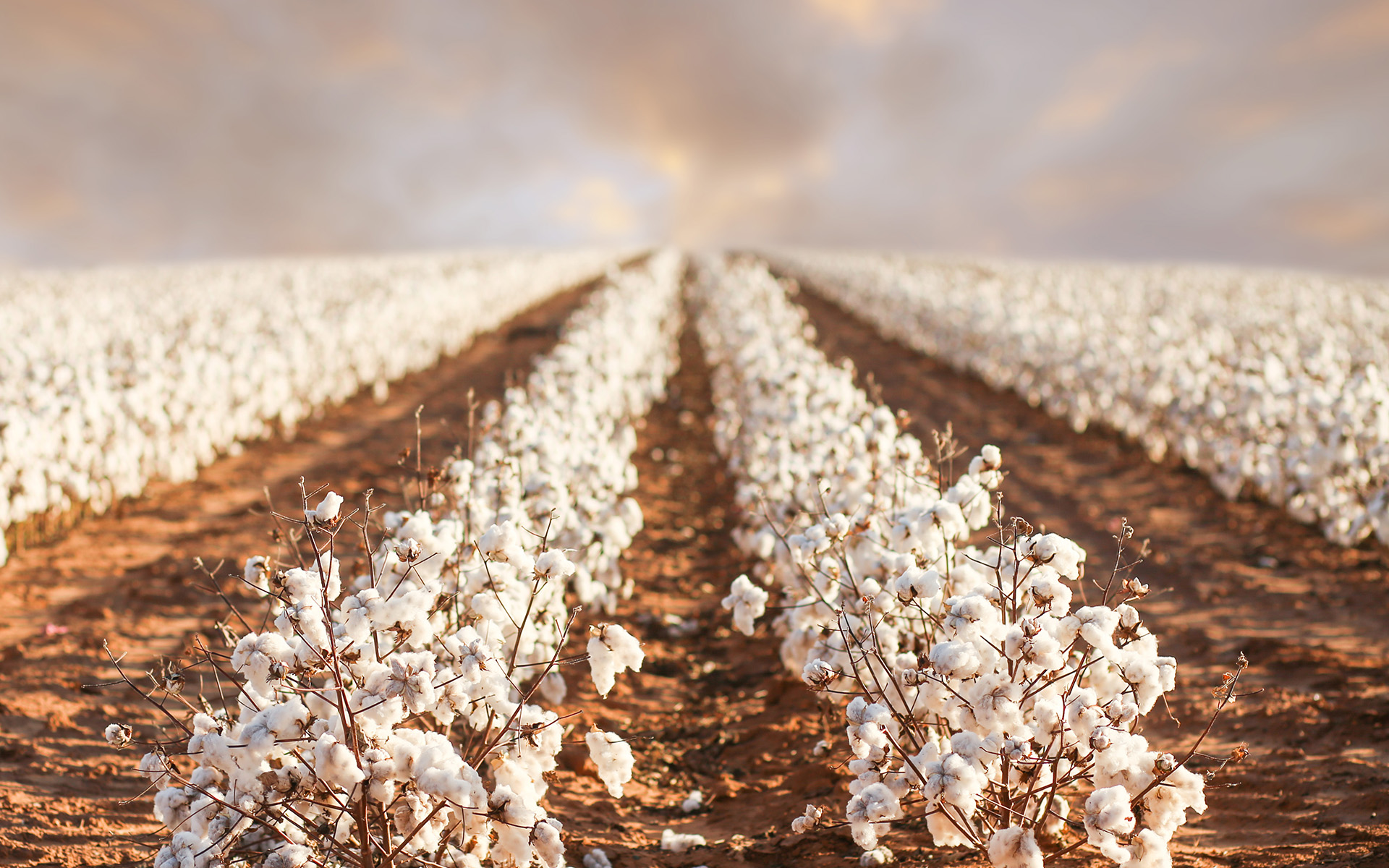
Organic Cotton
Organic cotton is grown without the use of synthetic pesticides and fertilizers, which leads to better soil conditions, lower greenhouse gas emissions, greater biodiversity and the better health of cotton growers.
The production of organic cotton also requires on average much less energy and water compared to regular cotton. Organic cotton is not genetically modified. The crop is certified by third parties and the fibers are kept separate in the production chain.
Organic Cotton
Organic cotton is grown without the use of synthetic pesticides and fertilizers, which leads to better soil conditions, lower greenhouse gas emissions, greater biodiversity and the better health of cotton growers.
The production of organic cotton also requires on average much less energy and water compared to regular cotton. Organic cotton is not genetically modified. The crop is certified by third parties and the fibers are kept separate in the production chain.

Recycled materials
Recycled materials are a win-win: they prevent the residual material from going to landfills as waste and we need to use less new raw materials – which would also require chemicals, energy and water. A recycled material is made from a material that has already been used in a previously produced product or production process. This makes this type of material the most sustainable material we currently use. Used materials are converted into new materials that in turn serve as raw materials for our products.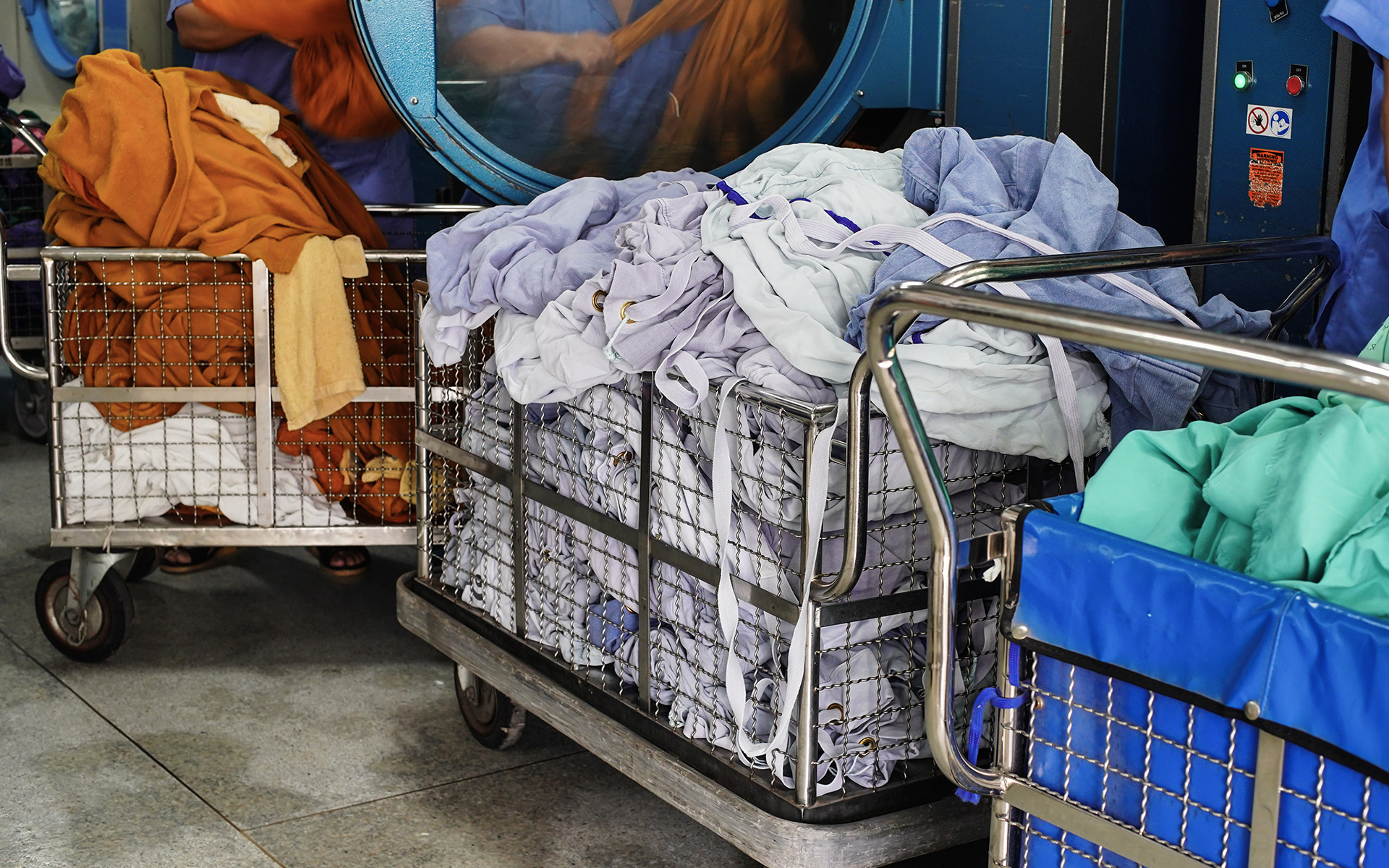
Recycled cotton
Recycled pre-consumer cotton
The recycled cotton used by the manufacturers of Just Brands is so-called post-industrial cotton: the cutting waste that is released during the cutting and making-up of clothing. This therefore concerns the waste stream of unused, new cotton. Through mechanical recycling, this cutting waste is reduced to loose cotton fibers. For sturdiness, a percentage of new material is added. Then yarn is spun again.
Recycled post-consumer cotton
This cotton comes from clothing that has been worn by consumers and then returned. The clothing is sorted by type of material and color. Subsequently, all buttons and labels, etc. are removed and the clothing is cleaned and fiberized. During this fiberization process, the fabric is broken down, leaving fibers behind. To guarantee the quality of the new fabric, it is important that the used fibers are mixed with new fibers. From these fibers, new fabrics are made.
Recycled cotton
Recycled pre-consumer cotton
The recycled cotton used by the manufacturers of Just Brands is so-called post-industrial cotton: the cutting waste that is released during the cutting and making-up of clothing. This therefore concerns the waste stream of unused, new cotton. Through mechanical recycling, this cutting waste is reduced to loose cotton fibers. For sturdiness, a percentage of new material is added. Then yarn is spun again.
Recycled post-consumer cotton
This cotton comes from clothing that has been worn by consumers and then returned. The clothing is sorted by type of material and color. Subsequently, all buttons and labels, etc. are removed and the clothing is cleaned and fiberized. During this fiberization process, the fabric is broken down, leaving fibers behind. To guarantee the quality of the new fabric, it is important that the used fibers are mixed with new fibers. From these fibers, new fabrics are made.

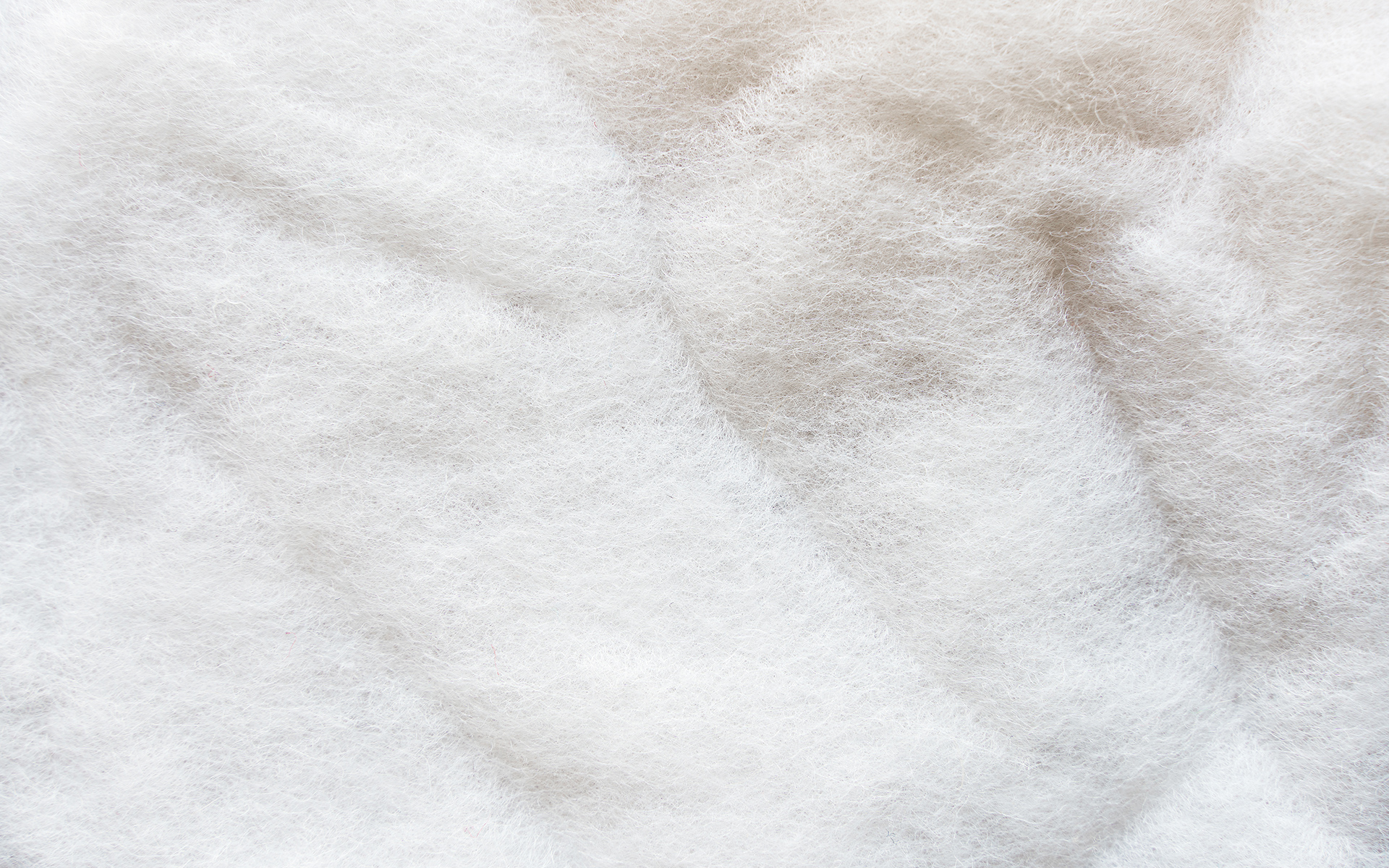
Recycled Polyester
Polyester is a fiber made from oil. The production of new polyester therefore has a negative impact on the environment. Some forms of polyester are biodegradable, but most are not. The main sustainable variant of polyester that we use for our Just Brands products is recycled polyester, which is made from used PET bottles. New polyester yarn is spun from these melted down bottles.
Recycled Polyester
Polyester is a fiber made from oil. The production of new polyester therefore has a negative impact on the environment. Some forms of polyester are biodegradable, but most are not. The main sustainable variant of polyester that we use for our Just Brands products is recycled polyester, which is made from used PET bottles. New polyester yarn is spun from these melted down bottles.

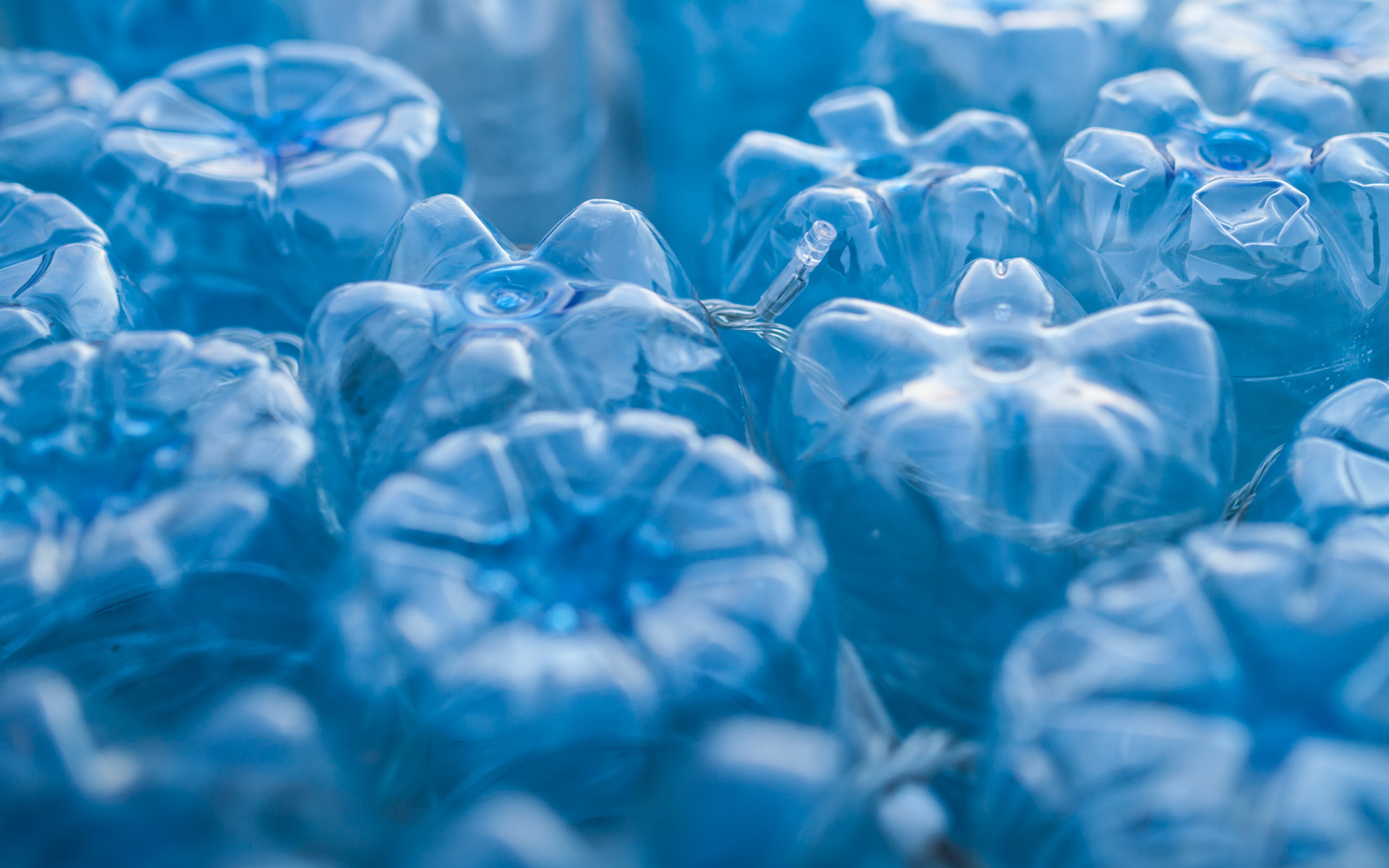
Recycled elastane
Elastane is a fiber made from oil. The production of new elastane therefore has a negative impact on the environment. Elastane has great elasticity and is often added to fabric for stretch and therefore more comfort. An alternative is recycled elastane, which we get from used clothing.
Recycled elastane
Elastane is a fiber made from oil. The production of new elastane therefore has a negative impact on the environment. Elastane has great elasticity and is often added to fabric for stretch and therefore more comfort. An alternative is recycled elastane, which we get from used clothing.

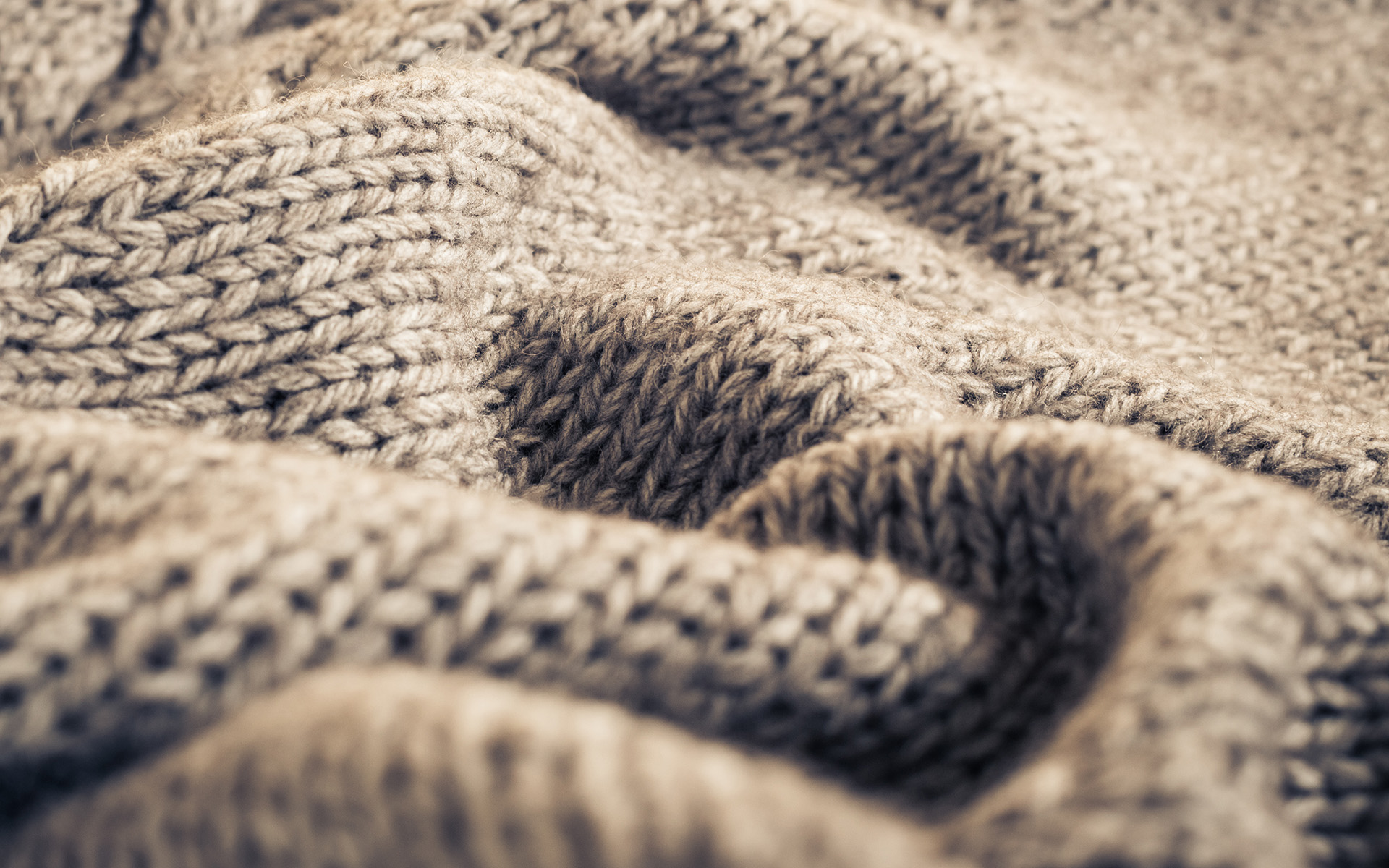
Recycled Wool
The recycled wool we use in our clothing comes from clothing returned by consumers who have worn it. The clothing is sorted by type of material and color. The clothing is then stripped of all buttons and labels, etc., cleaned and fiberized. During this fiberization process, the fabric is broken down, leaving fibers behind. To guarantee the quality of the new fabric, it is important that the used fibers are mixed with new fibers. From these fibers, new fabrics are made.
Recycled Wool
The recycled wool we use in our clothing comes from clothing returned by consumers who have worn it. The clothing is sorted by type of material and color. The clothing is then stripped of all buttons and labels, etc., cleaned and fiberized. During this fiberization process, the fabric is broken down, leaving fibers behind. To guarantee the quality of the new fabric, it is important that the used fibers are mixed with new fibers. From these fibers, new fabrics are made.

Lower impact materials
In addition to more sustainable alternatives to existing materials, there are also materials that naturally have a lower impact on the environment. By replacing cotton, for example, with these materials, we reduce the impact.
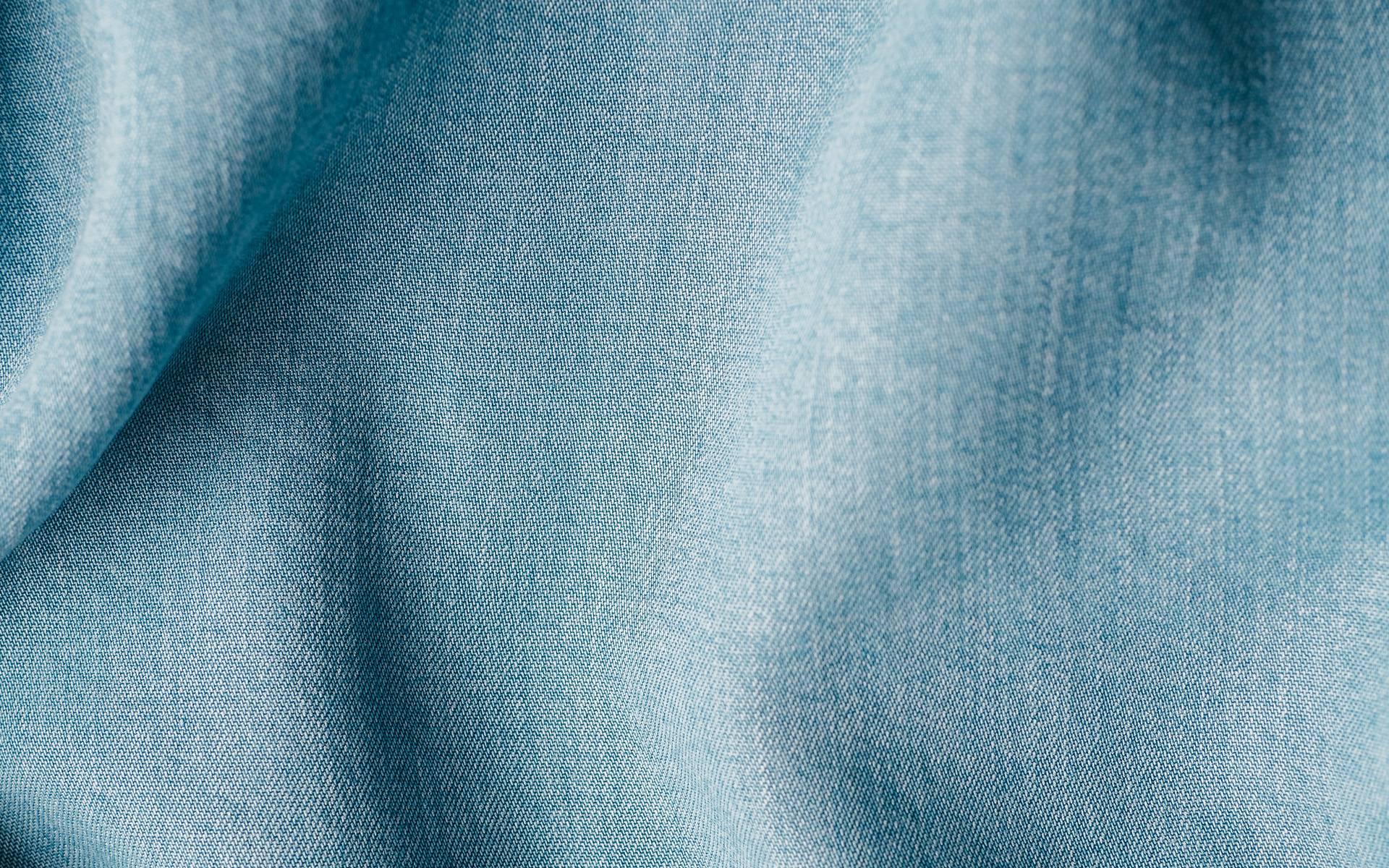
Lyocell (Tencel)
This is a fiber made from the cellulose from the wood pulp of the eucalyptus tree. Not only is the wood obtained from forests with the FSC certification mark, the fiber is also produced using environmentally friendly processes, so without harmful chemicals. For Tencel-certified Lyocell, the entire process is a completely closed loop: no waste remains.
Lyocell (Tencel)
This is a fiber made from the cellulose from the wood pulp of the eucalyptus tree. Not only is the wood obtained from forests with the FSC certification mark, the fiber is also produced using environmentally friendly processes, so without harmful chemicals. For Tencel-certified Lyocell, the entire process is a completely closed loop: no waste remains.

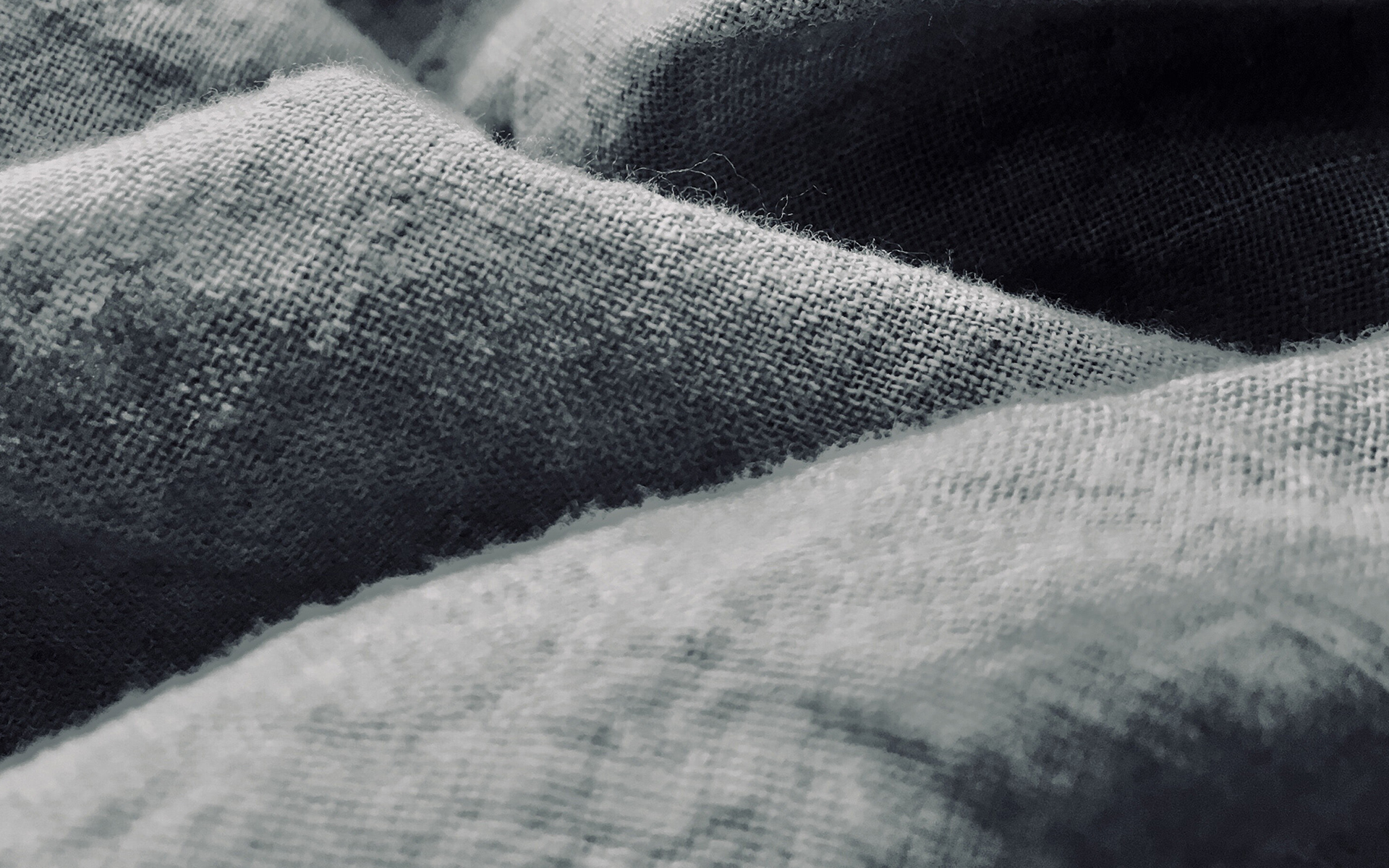
Linen
Linen, made from the flax plant, is naturally sustainable because it requires far less land than the cultivation of the same amount of cotton. It grows naturally with a minimum need for pesticides, weed killers or chemical fertilizers. In addition, no additional irrigation is required, as rainwater is sufficient for the flax plants to grow.
Linen
Linen, made from the flax plant, is naturally sustainable because it requires far less land than the cultivation of the same amount of cotton. It grows naturally with a minimum need for pesticides, weed killers or chemical fertilizers. In addition, no additional irrigation is required, as rainwater is sufficient for the flax plants to grow.

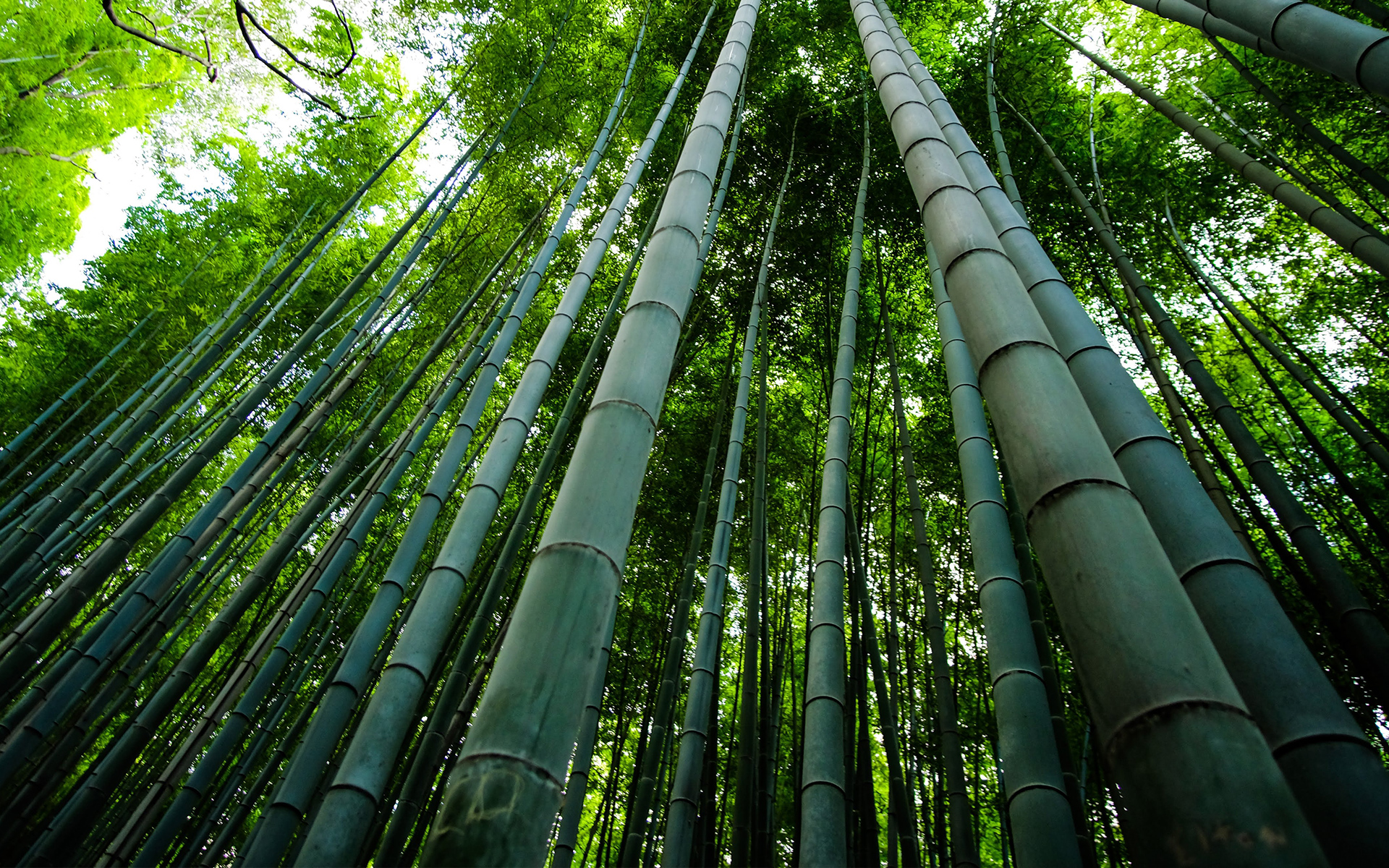
Bamboo
This plant is the fastest growing in the world, requiring minimal land to cultivate it: it can be harvested up to 6 times a year. In addition, bamboo is easy to grow because it only needs sunlight. No additional water and no pesticides and chemicals at all are required.
Chemicals are used to process the bamboo fiber and make it suitable for spinning. However, this fiber is much easier to dye than cotton, so less water and dye are needed.
Bamboo
This plant is the fastest growing in the world, requiring minimal land to cultivate it: it can be harvested up to 6 times a year. In addition, bamboo is easy to grow because it only needs sunlight. No additional water and no pesticides and chemicals at all are required.
Chemicals are used to process the bamboo fiber and make it suitable for spinning. However, this fiber is much easier to dye than cotton, so less water and dye are needed.

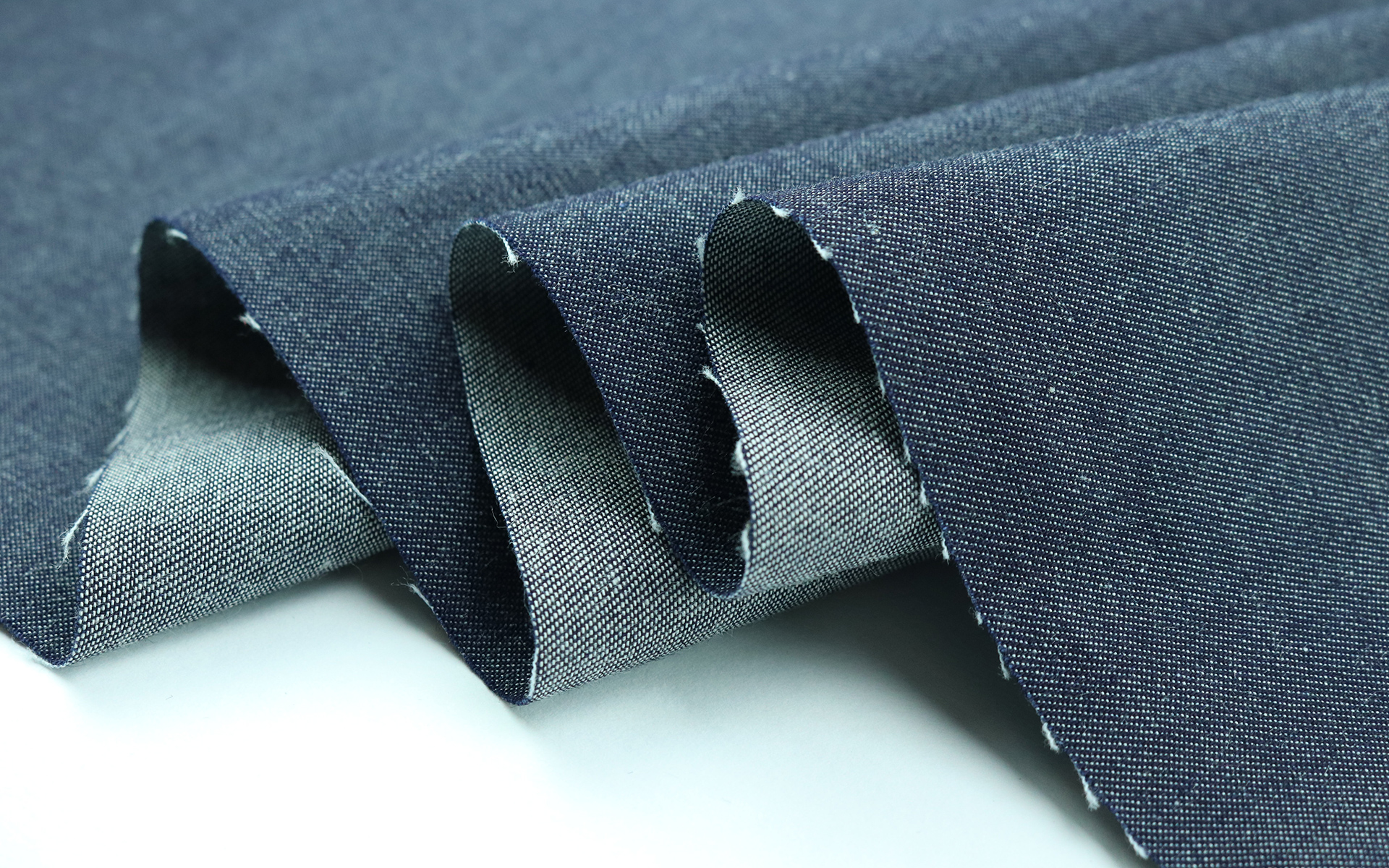
FSC viscose
Viscose is also called a semi-natural fiber. This is because viscose is made from natural wood fibers, but the processing of this natural raw material is a chemical one. The sustainable variant of these fabrics are those in which the base material is obtained from forests that have been certified by the Forest Stewardship Council. The FSC ensures that trees are grown sustainably.
FSC viscose
Viscose is also called a semi-natural fiber. This is because viscose is made from natural wood fibers, but the processing of this natural raw material is a chemical one. The sustainable variant of these fabrics are those in which the base material is obtained from forests that have been certified by the Forest Stewardship Council. The FSC ensures that trees are grown sustainably.

Animal welfare
For the use of animal materials, we aim to map the chain as transparently as possible. The best options for this are various certification programs that we focus on.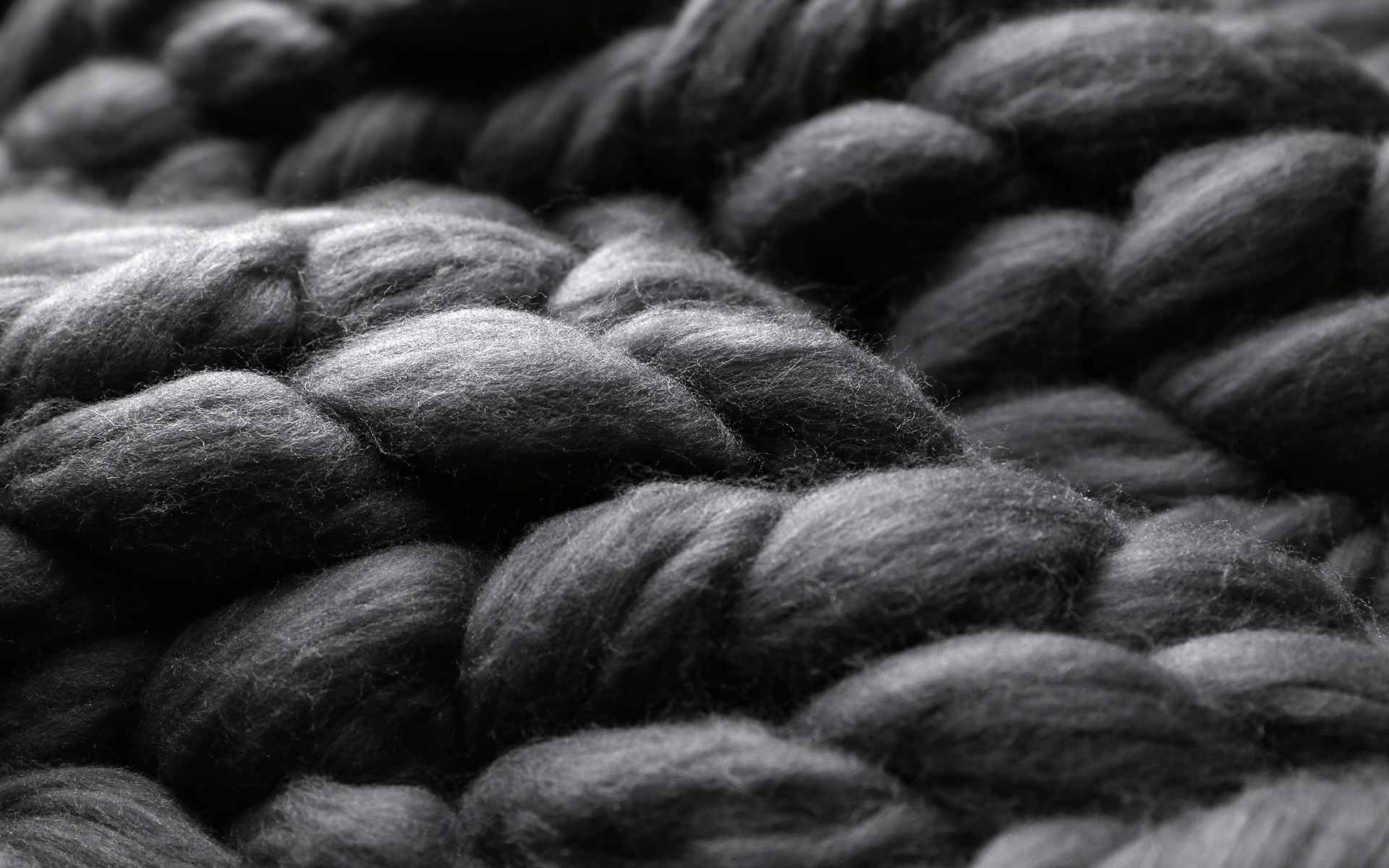
Wool
For new wool material, there is 'The Responsible Wool Standard' certification mark, which guarantees that the wool comes from farms that manage their land well and treat sheep responsibly.
Wool
For new wool material, there is 'The Responsible Wool Standard' certification mark, which guarantees that the wool comes from farms that manage their land well and treat sheep responsibly.

